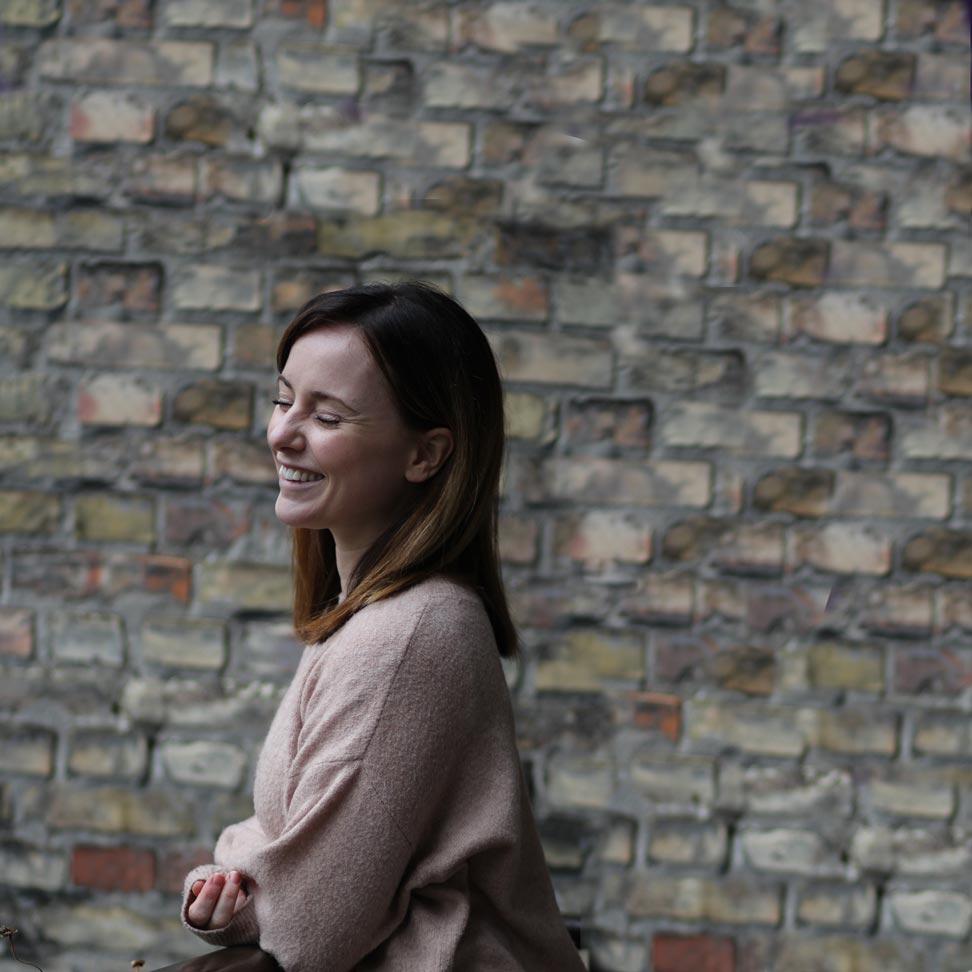Let’s face it: we live in a fast-paced world. With new information at our fingertips at any given moment, it’s easy to get distracted, procrastinate, and deter from having deeper, more meaningful connections with others, and the world around us. This serious case of FOMO is no more apparent than when venturing out on a costly, well-deserved vacation.
We spoke to French-Canadian slow travel advocates Livia Posteuca and Laure Juilliard from Slow Journeys Mag to learn how to switch off, slow down, and get the most out of your vacation experiences, and the people you meet along the way. Join in on our slow travel movement and help us open the world.
What is “slow travel”?
Key ingredients of a successful slow travel journey: disconnect, reconnect with the world, relax
As an offshoot of the slow living and slow food movement born in Italy in the 80s, slow travel comes as a quest for authenticity. In a highly connected, fast paced society, traveling becomes a journey about getting to know yourself and others, about opening your eyes and heart to your surroundings.
A counter reaction to baby boomers’ travel habits – often characterized by tourist burnout, all inclusive resorts and sightseeing checklists – slow tourism encourages travelers to focus on quality over quantity; to disconnect from technology, to slow things down and enjoy life. It’s almost an anti-performance; an anti-guilt kind of travel experience that gives you the freedom to do less (or nothing, if you wish) and just watch the world go by, daydream for hours or have mindful conversations with your travel partners.
Millennials, the “Generation Y” at the roots of this movement, champion the idea of immersive traveling and seek opportunities to experience something true and authentic through their travels. “Living like a local”, adopting new rhythms of life and building genuine connections with locals become key ingredients of a successful slow travel journey.
Whether you immerse yourself in the heart of deep forests, partake in horseback riding with a group of cowboys in Western Canada, volunteer for a couple of days in Africa at an animal shelter, join a yoga festival in Hawaii or go for a laid-back vacation on a remote island, embrace the environment and local culture to build authentic connections. The ultimate mission of slow travel? To make you feel at home, far away.
A sustainable travel experience
Learn the art of slow travel at Totoco Eco-lodge in Nicaragua
Slow travel comes with strong values of sustainability and a desire for a smaller ecological footprint. Slow travelers and tourism experts pay a lot of attention to minimizing the impact on the natural environment and its habitats.
Slow tourism also calls for places and destinations off the beaten paths. Don’t be afraid to go out of your comfort zone and challenge the explorer inside of you! Sometimes you have to walk through wild lands, take motor boats to cross rivers, fly above tropical forests or even embark on a horse ridden coach … the experience of finding slow places is totally worth it. The Turtle Surfing Lodge in Nicaragua is the perfect slow spot to discover. Secluded on the Western Coast of Nicaragua, near Léon city, you will need to cross waters and lands to find yourself on an endless golden beach, just for you and your lodge companions.
Whether you choose a design- and eco-friendly boutique hotel, a “glamping” yoga retreat, a tree house or a cabin nestled in the heart of the wilderness, slow travelers have a large selection of accommodation options that balance comfort with eco-friendly practices. Tipi Valley in Algarve, Portugal, a tented, eco-friendly camp is the perfect example. The eco village has beautifully decorated tipi facilities to accommodate up to 15 guests for an intimate experience with the surrounding nature.
Finally, going against the practices of mass tourism means embracing “farm to table” values and “locavore” ecosystems, meaning locally sourced and cooked food straight from the surroundings. Whether you chose a faraway destination like the Totoco Eco-Lodge, located on Ometepe Island in Nicaragua, or something on the Northern hemisphere, like Villa Nao (less than a 2-hour drive from Montreal, Canada), you will always enjoy freshly picked seasonal produce, thoughtfully assembled, in sophisticated menus.
5 tips for becoming a slow traveler
Immerse yourself in local culture in Jamaica – a slow travel paradise
Organize travels by yourself
Buy a travel guide, research and connect with other fellow travelers on Instagram for tips and inspiration. Slow travel is not a synonym of backpacking, more likely characterized by complete improvisation. A little bit of preparation and booking places beforehand will allow you to enjoy your vacations even more, especially if you don’t plan on staying too long and you want to save time. Read about the region you are planning to visit: conversation starters (beyond pleasantries on the weather!) with locals is a more natural gateway to rich cultural exchanges.
Stay a minimum of 3 nights at the same “slow” location
You will enjoy a new daily life routine, meaningful relationships with local vendors and you will have the time to seize the environment. The result: a “feels like home” impression.
Choose alternative accommodations, food and activities
In Jamaica for instance, you can immerse yourself in the Rastafari culture by staying at Kudehya Guesthouse at Treasure Beach, Jamaica. The owner, a born and raised Rastafarian, has a heartfelt desire to connect with his guests. He will invite you to discover a typical Ital menu in sync with his life values: vegetarian diet, no salt, organic ingredients and no alcohol. A beautiful occasion to discover local culture, far from Bob Marley clichés.
Take it easy and explore the nearby surroundings
If you have time, use all available local transportation, with little environmental footprint, to explore the region. Again, it will get you close to the “feels like home” experience. Plus, there’s something dreamy about looking through the window and seeing new landscapes unfold.
Disconnect to reconnect
Get social, work out and allow for an experience of well-being and join a yoga and surf retreat. Take a break at Genesis, a magnificent and eco-friendly resort oasis near the Ek’ Balam archaeological site in Yucatán, Mexico. Or, sail in clear turquoise waters in the heart of the San Blas archipelago in Panama. These experiences are WiFi free, inviting you to enjoy the moment. It really feels great to leave behind social media for a while.
French-Canadian slow travel advocates Livia Posteuca and Laure Juilliard from Slow Journeys Mag


